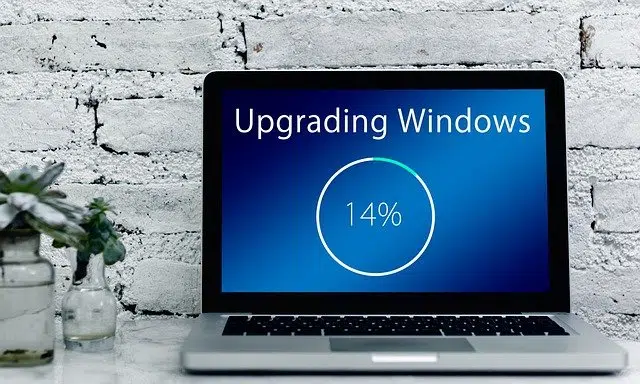
The release of new versions makes it possible to update software.
Updating is the process and result of updating . This verb refers to making something current ; that is, getting it up to date. The update, based on this meaning, can be used in different contexts.
For example: “The American company announced that it will launch an update to its operating system at the end of the year” , “I think the government should negotiate an update to the minimum wage” , “The portal update was a success: many users sent us positive comments.”
Computer update
The notion is currently closely associated with the field of computing . Updating software means launching a new version that includes more tools and fixes bugs in the previous version. Due to the constant advancement of technology, most of the popular computer programs are updated frequently.
Suppose a company launched, in 2013 , an online game . Those who wanted to play with said application had to have the Internet Explorer browser installed. In 2015 , the company presented an update to the game that also allowed it to be enjoyed on Google Chrome and Mozilla Firefox . The update, therefore, increased the scope of the game.
When the process is negative or inconvenient
On the other hand, updating programs and other digital products is not always a positive thing. In some cases, it becomes necessary to install new versions for a while from the time of their release because the development company has not done a good job optimizing their product and needs to fix a lot of bugs for it to work correctly.
This phenomenon of essential updates, as opposed to optional ones, is increasingly common in the field of computing and video games. Although some may point out that this occurs due to the great complexity of current equipment, or due to the overwhelming diversity of configurations that computer users can present, these are not always the reasons and not everyone is willing to accept them as valid. Buying an operating system and being forced to update it very frequently to get it close to decent performance is not exactly any consumer's dream.

An update may consist of an increase in salaries, pensions, prices, etc.
The video game update
In the case of video games, the pressures that production companies impose on developers are such that many times titles are released to the market practically half-finished . For this reason, it is very common for updates to reach users even on the day of their release , to the discontent of everyone.
The inconveniences caused by this type of forced updates are several. First of all, it is important to remember that not all consumers have Internet access at home, or do not have a flat rate; In a situation like this, a person can find themselves in a bind, since the game distribution company forces them to invest extra time and money to "complete" the product for which they have paid, telling them that if they do not do so they will not be able to enjoy it. as it should.
In increasingly rare cases, companies offer optional updates that considerably expand the functionalities of their products, and they do so absolutely free of charge. Such is the case of the video game Animal Crossing: New Leaf , for the Nintendo 3DS console, which received an update in November 2016 that added a large number of new features at no cost.
a setting
The idea of updating is also used to name the adaptation of something to current times .
The government of a country that has an annual inflation of 8% can update the amount of pensions since, with the changing economic situation, the money that retirees received was no longer enough to cover their basic needs. The update, in this case, represents an increase.
